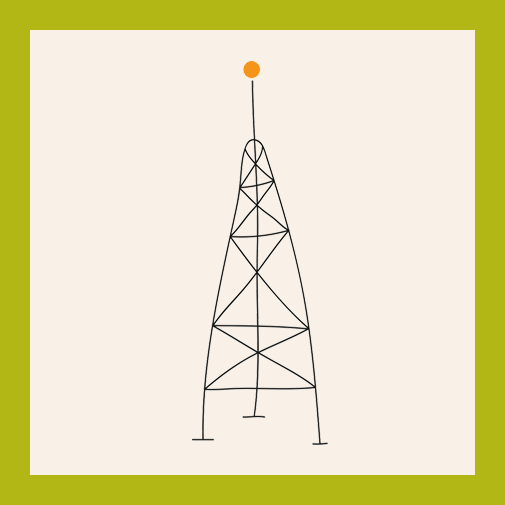COMPLETED PROJECTS
2021
Continuing the project for Strengthening Guarani Mbya Knowledge, carried out in 2020, the Teko Jerá Project promoted activities focused on traditional agricultural practices and actions aimed at the creation and management of an audiovisual collection, in addition to meetings on social museology, forms collective management of memory, history and cultural heritage Guarani Mbya.


Held by Paradise Row in partnership with the Goethe Institute, Ka'a Body – Cosmovision of the rainforest was an indigenous art show that sought dialogue between indigenous and non-indigenous people through the relationships between bodies and territories. The exhibition was curated by Sandra Benites and Anita Ekman.

Created by Instituto Maracá and made possible by PROAC-LAB, rec•tyty was an online Indigenous Arts Festival that ran from April 17 to May 30, 2021 and set out to touch people’s hearts by showcasing and activating work by different indigenous artists from across the country.
2020
Project for Strengthening and Spreading Traditional Rio Silveira Village Mbyá –Guarani Knowledge and Practices During Pandemic Times
With funding from the German Federal Foreign Office’s International Relief Fund and the Goethe Institut, this project enabled the necessary infrastructure at Rio Silveira Village for remote work to be done throughout the lockdowns and for actions, activities and projects to be undertaken in order to strengthen the village community through work in partnership with the Mbya Arandu Porã Culture Spot.
Conceived at the onset of the Covid-19 pandemic, the project was primarily intended to help the Guarani community at Rio Silveira Village prepare for the arrival of the novel coronavirus. Through remote communication groups, actions were taken to spread information and raise community awareness regarding the pandemic and coronavirus infection prevention practices. The project relied on backing and funding from Inolex do Brasil.

2019
In partnership with the Arandu Porã Culture Spot and Centro de Trabalho Indigenista (CTI), Instituto Maracá hosted the first activity on Rio Silveira Village memory and history.
With the leaders of the five clusters as well as school students in attendance, Maria Inês Ladeira looked back on Rio Silveira Village history highlights, particularly the struggle for indigenous land demarcation. The 1988 movie “Karai – O Dono das Chamas,” which addresses the issue, was shown, and pivotal moments were discussed that led to the expansion of indigenous lands in 2008.
This project was rolled out in partnership with Selvagem – A study cycle on life and the Living School, with production from Isabelle Passos, and it covered the educational experiences of the Huni Kuin people and the building of new pedagogies at indigenous village schools. The project relied on backing and funding from multiple institutions – Perestroika, Projeto Âncora, Museu da Casa Brasileira, Arco Escola Cooperativa, Instituto Singularidades, Sesc 24 de Maio, Museu de Arte do Rio, Escola Parque, Fábula, and Parque Lage.

Artist Ernesto Neto’s Cura Bra Cura Té installation, featured in the Sopro Exhibition at Pinacoteca do Estado de São Paulo, showcased rituals that brought the colors, the sound and the power of the Guarani Mbya into this intercultural venue.
Selvagem is a study cycle including roundtable panels, workshops, book publications and an online channel that sees indigenous and non-indigenous researchers sit in open-to-the-public panels to discuss their knowledge and outlook on life.

This edition of the “Apartamento Clandestino” event featured a film screening, a bonfire, sales of traditional artifacts and a panel on Guarani Mbya culture.
2018
This meeting saw indigenous storytellers, writers, singers, artists and thinkers get together to discuss different forms of indigenous expression with the audience.
The event was hosted by Instituto Maracá in partnership with the Goethe Institut, featuring speakers from multiple indigenous ethnicities.
The Arandu Porã Culture Spot was officially created in 1996 with a primary emphasis on audiovisual activities, under the coordination of Carlos Papá Mirim. Over time, it branched out into broader youth training activities, with an emphasis on traditional Guarani Mbya practices. Instituto Maracá supports the Culture Spot by making improvements to its infrastructure as well as hosting meetings, courses, debates and reflection on different topics.
2017
This 2017 diagnosis was based on the application of structured questionnaires, in-depth interviews and group discussions with community representatives and leaders, parents, students, teachers, professionals and managers, with additional periods of participative on-site community and school observation.












